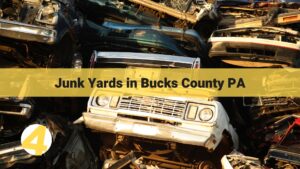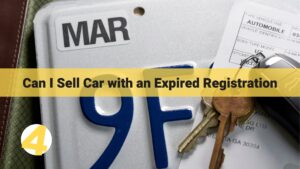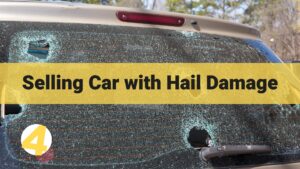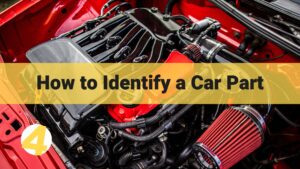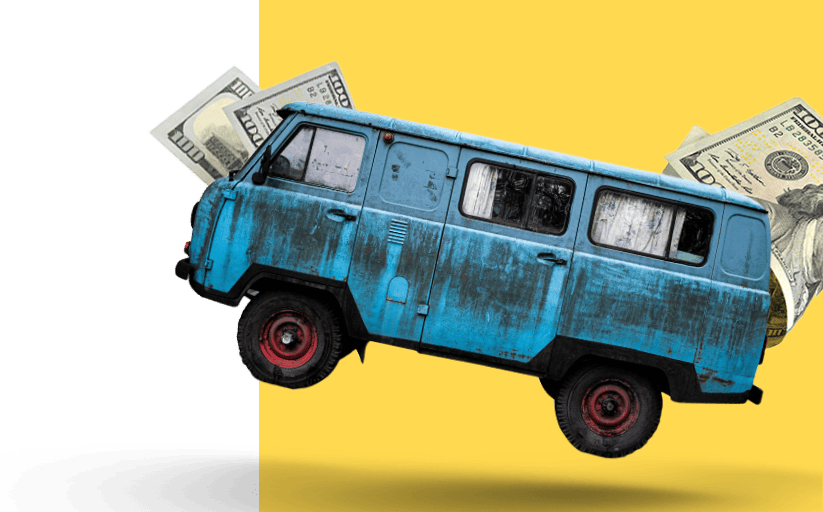Expect to deal with state-specific regulations, handle essential paperwork, and negotiate with local junkyards when junking a car in PA. Key steps include assessing your vehicle’s condition, transferring ownership, and ensuring environmental compliance.
For a detailed guide on how to efficiently junk your car in Pennsylvania, read our comprehensive article.
Understanding Pennsylvania’s Junking Regulations
Pennsylvania has specific rules for junking cars to ensure legal and environmental compliance. These regulations are set by the Pennsylvania Department of Transportation (PennDOT) and include guidelines on how to correctly dispose of a vehicle. They cover aspects such as necessary documentation, vehicle condition, and the process of de-registering the car from the state’s records.
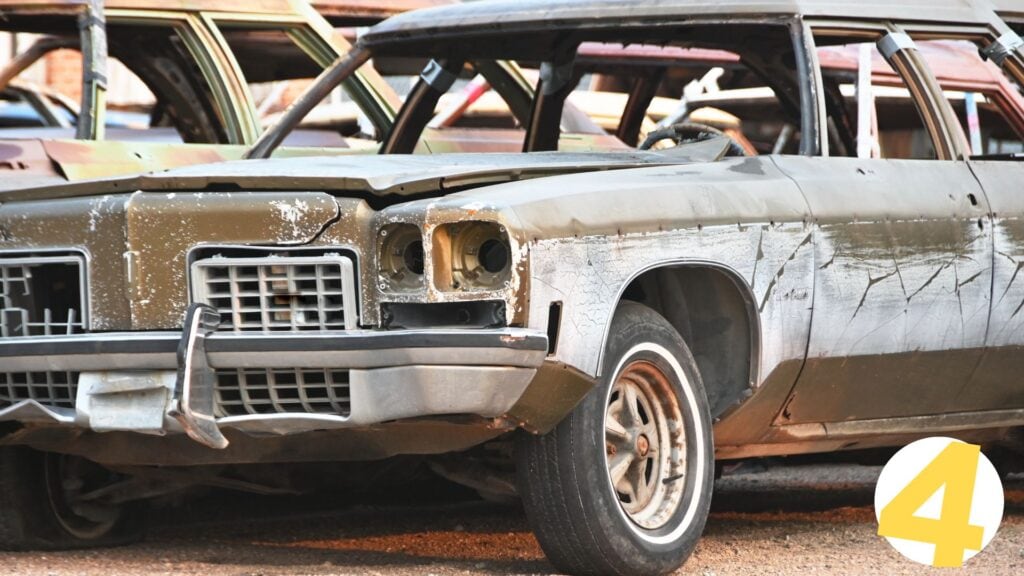
Requirements for Transferring Ownership
When junking a car in Pennsylvania, transferring ownership is a crucial step. This involves the following:
- Providing the junkyard or salvage yard with the car title. If the title is missing, PennDOT requires a duplicate title to be obtained.
- All liens must be cleared, and personal information should be removed from the vehicle.
- The license plates should also be returned to PennDOT or transferred to another vehicle to avoid any future liabilities.
Environmental Considerations and Disposal Standards
Pennsylvania emphasizes environmental safety in car disposal. The state mandates that vehicles must be depoluted before being crushed or shredded. This means removing all hazardous materials, like oil, coolant, and battery acid, to prevent environmental contamination.
The state also encourages recycling of usable parts and materials from the junked cars, which aligns with broader environmental protection and sustainability goals. Compliance with these standards is important not only for legal reasons but also for protecting Pennsylvania’s natural resources.
Assessing the Condition of Your Vehicle
In PA a car is typically considered eligible for junking if it is beyond repair or not cost-effective to fix. This includes vehicles with severe damage from accidents, old age, or mechanical failures. To be eligible, the car should also be free of any financial liens or claims, to ensure clear ownership transfer to the junkyard.
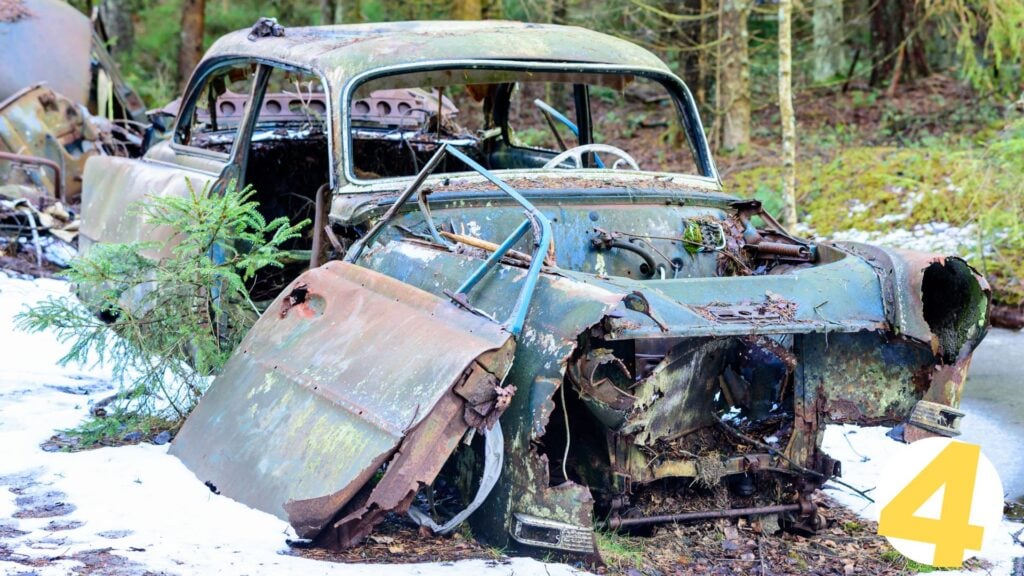
Documenting Damage and Condition
Before junking, document the car’s condition and any damage. This involves taking photos of the vehicle from different angles, noting any major dents, rust, or broken parts.
Keeping a record of the car’s mechanical issues, like engine problems or transmission failure, is also important. This documentation can be useful for the junkyard to assess the car’s value and for your records.
Removing Personal Belongings and Valuable Components
Before handing over the car, remove all personal belongings from inside the vehicle, including the trunk. Also, consider removing valuable components like upgraded audio systems, GPS devices, or custom parts, if they are still in working condition. However, be aware that removing significant parts might affect the car’s overall value to the junkyard, as they often recycle or sell parts from junked cars.
Researching Local Junkyards and Scrap Yards
Start by identifying junkyards and scrap yards within a reasonable distance from your location in PA. You can do this through online searches, local directories, or recommendations from auto repair shops. Focus on businesses that are licensed and comply with Pennsylvania’s regulations for vehicle disposal.
Checking Online Reviews and Ratings
Once you have a list of potential junkyards, check their online reviews and ratings on platforms like Google, Yelp, or specialized automotive forums. Pay attention to comments about their fairness in pricing, customer service, and compliance with environmental standards. This will help you gauge their reputation and reliability.
Contacting Multiple Yards for Quotes and Services
After narrowing down your options, contact these yards to get quotes for your vehicle. Discuss the details of your car’s condition, and provide any necessary documentation they might require.
Inquire about their process, including towing services if you can’t drive the car to the yard. Comparing quotes and services from different junkyards will help you get the best deal and ensure a smooth and legal junking process.
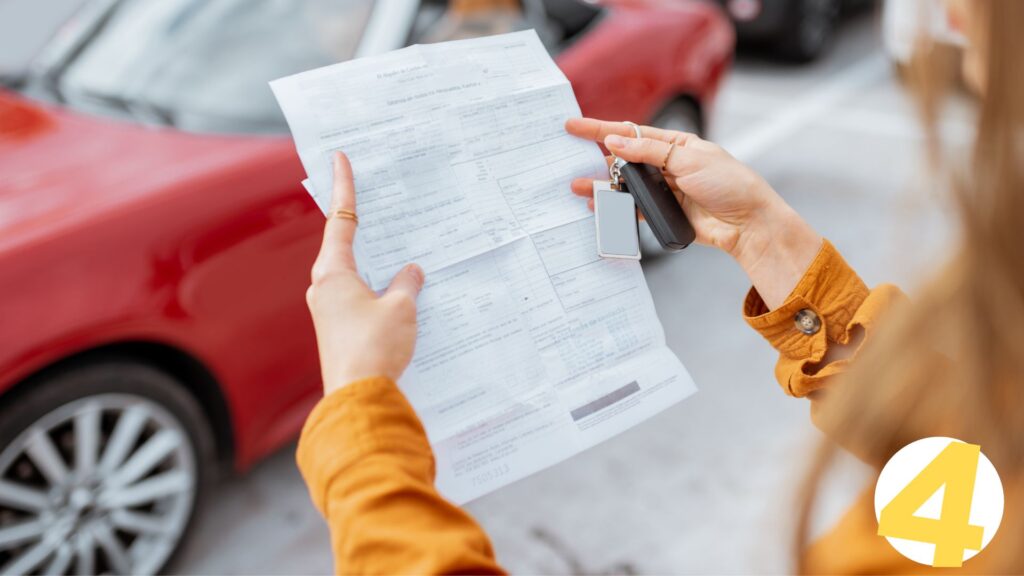
Obtaining Necessary Paperwork
In Pennsylvania, transferring the title is a key step in junking a car. Ensure you have the original vehicle title as it needs to be signed over to the junkyard or scrap yard. If the title is lost, you will need to obtain a duplicate from PennDOT. Make sure all information on the title is accurate and that any liens on the vehicle are cleared before proceeding.
If you don’t want to deal with the lost title or you don’t have time for it, get the services of junk car removal services like Cash4Cars. We service residents of Philadelphia and surrounding areas. And aside from accepting cars regardless of their condition, we also accept vehicles with lost or misplaced titles.
Completing the Necessary Forms for the PennDOT
Along with the title transfer, you may need to complete additional forms required by PennDOT. These forms often include a Vehicle Sales and Use Tax Return/Receipt (if applicable) and a Notification of Assignment/Correction of Vehicle Title Upon Death of Owner (MV-39), if the situation warrants. Ensure all forms are filled out correctly to avoid any delays in the junking process.
Validating Personal Identification for the Sale
To legally sell your car to a junkyard in PA, valid personal identification is required. This typically means presenting a valid driver’s license or state-issued ID. This step is crucial for verifying your ownership of the vehicle and for completing the necessary paperwork accurately. Make sure your ID is current and contains the correct information that matches the details on the car’s title and other documentation.
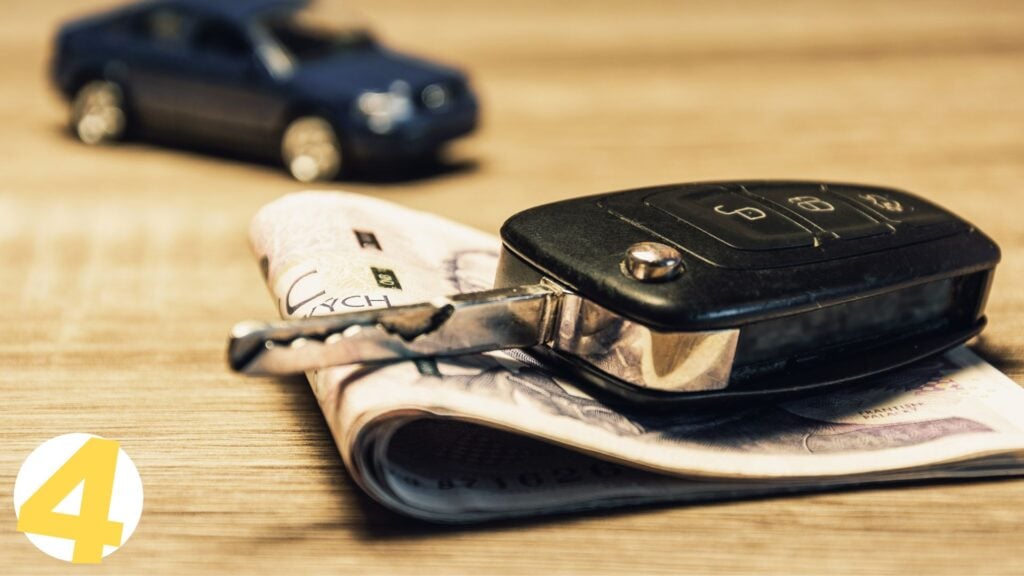
Negotiating the Sale
The valuation process for a junked car in Pennsylvania primarily depends on the vehicle’s weight and the current market value of scrap metal. Additional factors like the make, model, year, and condition of the car, especially if it has valuable parts or components, can also influence its value. Understanding this process helps set realistic expectations for the sale.
Factors Influencing the Junkyard’s Offer
The offer from a junkyard is influenced by several factors:
- Car’s Condition: This is a major one – a vehicle with more reusable parts or heavier metal content may fetch a higher price.
- Demand for Car Parts: The current demand for certain car parts and the fluctuating prices of scrap metal are also taken into consideration when assessing the value of your junk car.
- Your Location: The distance of the junkyard from your place and the cost of towing (if required) can impact the offer. You can remove this item from this list if you will get the services of Cash4Cars because we offer a free pickup service.
Negotiation Tips for Maximizing Value
Here are the top factors you must know or accomplish to get an idea about your junk car’s value before selling. This way, it will be easier for you to trim down the choices and decide which offer to take:
- Do Your Research: Know the approximate value of your car’s make and model in its current condition. Check the going rates for scrap metal and used car parts.
- Highlight Valuable Features: If your car has newer parts or sought-after features, make sure to mention these during negotiations.
- Get Multiple Quotes: Contact several junkyards to compare offers. This gives you leverage in negotiations.
- Be Realistic but Assertive: While it’s important to be realistic about your car’s worth, don’t hesitate to negotiate if you believe the offer is too low.
- Consider Convenience: Sometimes a slightly lower offer might be worth accepting if the junkyard provides additional services like free towing.
- Be Prepared to Walk Away: If the offers don’t meet your expectations and you’re not in a rush, you can always try selling parts individually or wait for better market conditions.
Completing the Junking Process
Once you agree on a price, the next step is to finalize the sale. This involves signing over the car title to the junkyard and completing any additional paperwork they require.
Ensure all forms are filled out correctly and that both parties understand the terms of the sale. The junkyard might also provide a bill of sale, which should be reviewed and signed.
Notifying PennDOT of the Transfer of Ownership
After the sale, it’s important to notify PennDOT about the transfer of ownership. This can typically be done by submitting the appropriate forms, such as the Notice of Transfer of Vehicle, which removes your liability for the vehicle. It’s crucial to complete this step promptly to avoid any future legal or financial responsibilities related to the car.
Keep copies of all documents related to the junking process, including the signed title, bill of sale, any correspondence with the junkyard, and receipts for services like towing. Also, retain proof of the notification to PennDOT regarding the transfer of ownership. These documents are important for your records and may be needed for future reference, especially in case of any disputes or inquiries about the vehicle’s history.
Common Pitfalls and How to Avoid Them
Here are some of the things you must watch out for to avoid getting scammed in the process of selling a junk car:
- Lack of Transparency: Be cautious of junkyards that are not transparent about their processes or pricing. Reputable yards should provide clear information.
- Pressure Tactics: Avoid places that pressure you to make a quick decision or offer a deal that seems too good to be true.
- No Paperwork: A legitimate junkyard will always handle the necessary paperwork. Be wary of any yard that doesn’t require a title transfer or other documentation.
- Upfront Payments: Be cautious of junkyards asking for fees or charges before the transaction is completed. Legitimate yards typically do not charge for quotes or initial assessments.
Understanding Hidden Fees and Charges
- Towing Charges: Confirm if the quote includes towing fees. Some yards might offer a higher price for the car but then deduct towing costs.
- Administrative Fees: Ask about any administrative or processing fees that could reduce the final amount you receive.
- Conditional Offers: Be cautious of offers that are contingent on conditions like the car being in better condition than it is.
- Read the Fine Print: Always read any paperwork thoroughly to understand all the terms and conditions.

Make the Experience Hassle-Free with Cash4Cars
Junking a car in PA involves understanding state regulations, assessing your vehicle’s condition, researching junkyards, handling paperwork, negotiating the sale, and avoiding common pitfalls. It’s crucial to be well-informed about the entire process, from identifying reputable junkyards to completing the necessary paperwork and understanding the valuation of your vehicle.
This ensures that you can responsibly and effectively dispose of your car while complying with state regulations and potentially gaining some financial return.
If you’re looking for an easier and hassle-free way of junking your car and you happen to be in Philadelphia and nearby states, consider hiring our services at Cash4Cars. We offer an efficient, rewarding, and hassle-free solution for selling your car, regardless of its make, model, or condition.
Cash4Cars is dedicated to providing a streamlined service that includes free pickup to save you the stress of arranging transportation. Call us now to get a free quote. Let’s be your partner for a smooth car junking experience.



